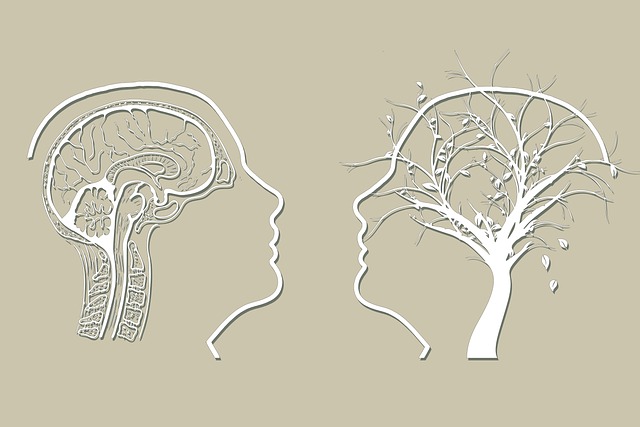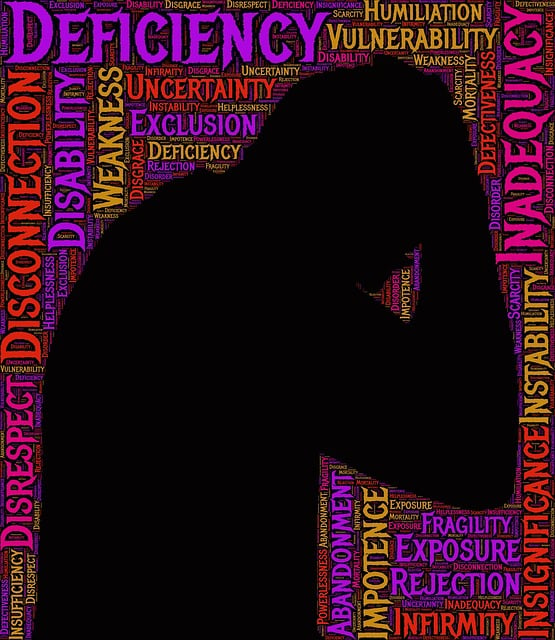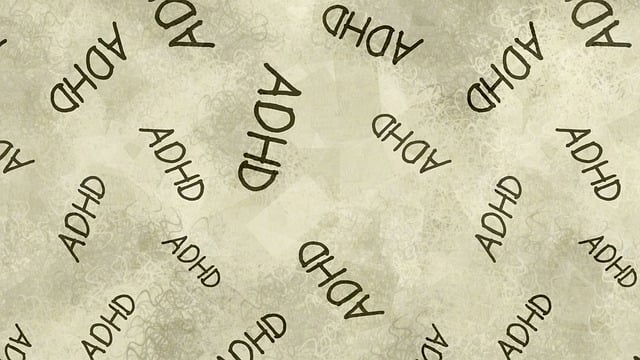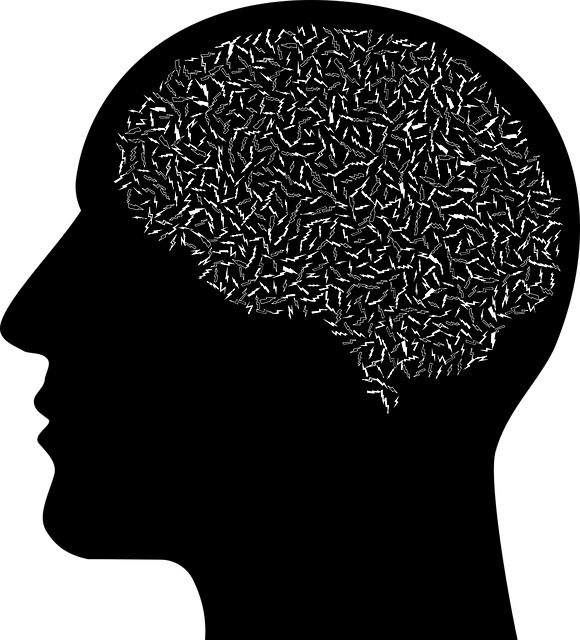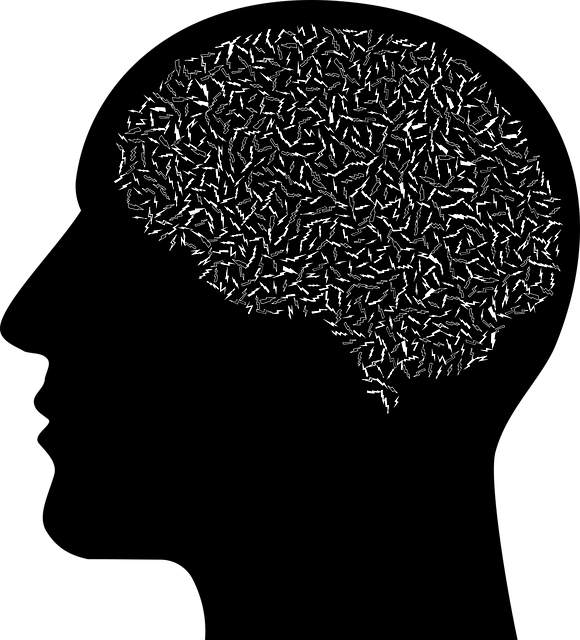Mental health professionals specializing in therapy for divorce face unique challenges, managing powerful emotions like grief, anger, and guilt while maintaining professional boundaries. They employ compassion cultivation, empathy, and self-awareness exercises to create safe spaces for clients. Strategies such as resilience building techniques, self-care routines, cultural competency training, and community outreach programs ensure effective, inclusive care for diverse communities seeking therapy for divorce. A multi-faceted approach, including Emotional Well-being Promotion Techniques and Healthcare Provider Cultural Competency Training, prioritizes risk mitigation and safety, leading to positive outcomes. Ethical considerations, peer supervision, and continuous professional development are vital for professionals facilitating therapy for divorce.
Mental health professionals face unique risks when assisting clients through sensitive topics like divorce therapy. This article navigates the intricate landscape of risk assessment, offering insights into identifying potential hazards specific to divorce therapy. We explore strategies for mitigating these risks and enhancing safety, as well as ethical considerations and vital support systems. By understanding these aspects, professionals can ensure they are adequately prepared to handle the complexities of divorce therapy.
- Understanding the Unique Risks of Divorce Therapy
- Identifying Potential Hazards in Mental Health Practice
- Strategies for Mitigating Risk and Enhancing Safety
- Ethical Considerations and Professional Support Systems
Understanding the Unique Risks of Divorce Therapy

Mental health professionals who specialize in therapy for divorce face unique risks and challenges. Divorce is a highly emotional process that can trigger intense feelings of grief, anger, and guilt in both clients and therapists. The complexity of this issue often requires a nuanced approach, where therapists must balance supporting their clients through the separation while maintaining professional boundaries.
One effective tool for navigating these risks is compassion cultivation practices. By fostering a culture of empathy and understanding within the therapeutic space, professionals can create an environment where clients feel safe to express their vulnerabilities. Additionally, self-awareness exercises and resilience building techniques can help therapists manage their own emotional responses, ensuring they remain present and supportive throughout the divorce therapy process.
Identifying Potential Hazards in Mental Health Practice

Mental health professionals are constantly navigating a complex landscape where various hazards can impact their well-being and effectiveness in treating clients. Identifying potential risks is an essential first step in mitigating them. One significant challenge arises from the sensitive nature of the work itself, as therapists often become emotionally invested in their clients’ journeys, especially when addressing complex issues like divorce or trauma. This emotional involvement can lead to secondary traumatic stress if not properly managed.
Implementing strategies for self-care routine development is crucial for better mental health among healthcare providers. Additionally, ensuring cultural competency training for all staff, particularly in diverse communities, is vital to creating a safe and inclusive environment. Community outreach programs can further enhance this by fostering connections and providing additional support systems. These proactive measures are essential in identifying and mitigating hazards before they affect the quality of care.
Strategies for Mitigating Risk and Enhancing Safety

In the realm of mental health practice, mitigating risk and enhancing safety are paramount to ensuring both clients’ well-being and professionals’ resilience. Strategies for risk mitigation encompass a multi-faceted approach. One key component is integrating Emotional Well-being Promotion Techniques into therapy sessions for divorce, fostering an environment that encourages open communication and emotional expression. This not only aids in managing acute distress but also builds long-term coping mechanisms.
Additionally, investing in Healthcare Provider Cultural Competency Training is essential to navigate the diverse needs of clients from different backgrounds. Mental Health Education Programs Design should focus on equipping professionals with the knowledge and skills to recognize and address cultural nuances, thereby enhancing trust and effectiveness in treatment. These proactive measures contribute to a safer, more supportive therapeutic space, ultimately fostering positive outcomes for both mental health professionals and their clients.
Ethical Considerations and Professional Support Systems

Ethical considerations are paramount in mental health practice. Professionals must navigate complex situations with integrity and respect for their clients’ autonomy. This includes maintaining confidentiality, ensuring informed consent, and adhering to ethical guidelines specific to their discipline. For instance, therapists facilitating therapy for divorce require a nuanced approach, balancing the emotional well-being of both parties while upholding professional boundaries.
Professional support systems play a vital role in mitigating risks and fostering resilience among mental health professionals. These can include peer supervision, mentorship programs, and access to emotional intelligence resources. Such support mechanisms help practitioners manage their own mood and mental wellness, which is crucial given the demanding nature of their work. Additionally, engaging in continuous professional development, including participation in mental wellness podcast series production, equips them with innovative techniques for addressing client needs effectively.
Mental health professionals navigating the complex landscape of therapy for divorce face unique challenges. By understanding and identifying potential hazards, such as emotional intensity and countertransference, practitioners can employ strategies to mitigate risk and enhance safety for both themselves and their clients. Ethical considerations and robust support systems are paramount, ensuring professionals remain equipped to provide effective care. Through continuous learning and implementation of best practices, the field can foster a more secure environment for divorce therapy, benefiting individuals and families seeking healing and resolution.






